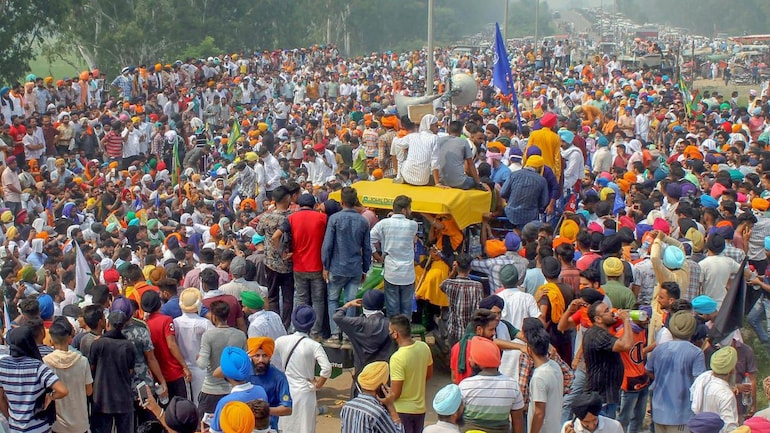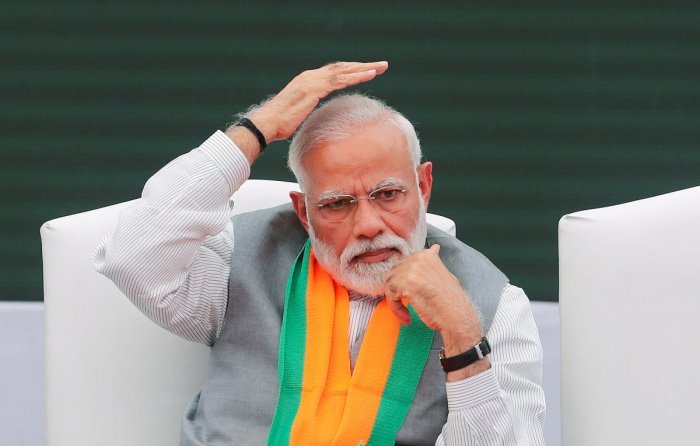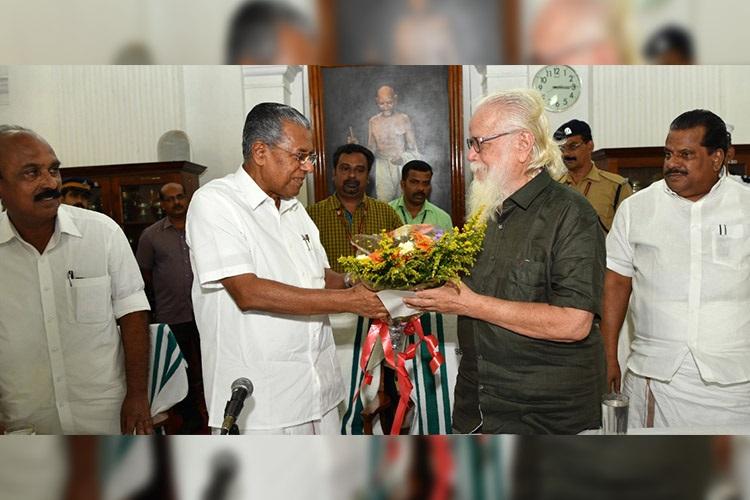In a suo-moto hearing on Covid-19, the Supreme Court on Monday whiplashed the Centre on differential pricing of vaccines.
The Apex Court also demanded the Centre to produce their vaccine policy document.
Justice Chandrachud is heading the Bench that is presently hearing the suo motu matter on issues arising out of COVID-19 management across the country.
During yesterday’s hearing in the matter, the Bench questioned the Central government on its “dual policy” for procurement of COVID-19 vaccines. The Bench, which also comprised Justices L Nageswara Rao and Ravindra Bhat, observed,
“Centre says it gets a low price since it buys in bulk. If this is the rationale, then why do states have to pay a higher price? There needs to be one price for vaccines across the nation. The pandemic has evolved in the last two months.”
Central government has wide powers to fix rates under Drugs and Cosmetics Act. Why leave it to the vaccine manufacturers to fix different pricing?” said the Supreme Court.
The Apex Court also questioned the rationale behind making vaccines free for those above 45 years of age while charging the rest.
“What is the basis for Centre to say that for 45+ age group, Centre will provide free of charge, but not for 18-44 age group.
If the purpose is to procure vaccines, why should Centre confine itself to 45 plus & leave states to fend for themselves in 18-44 group?” questioned SC.
Data released by the Centre last week showed that nearly 26 per cent of all Covid cases between May 1 and May 24 were in the 18-44 age group.
Centre reiterated during the hearing that entire eligible population will be vaccinated by 2021-end.
“If the monthly capacity is about 15 crores, how will we reach the target in another 6 months,” said SC in response.
“You can’t tell us that just because you are the government, you know what’s right.
The law has a strong arm to address such issues. If we as a court are highlighting certain issues, you should look into it.
Digital literacy is a huge problem in our country. We just don’t want to see your affidavit, show us your policy document,” said Supreme Court.
The court also grilled the central government over the “digital divide”, pointing out that requiring people to register on the CoWIN digital platform before getting the shot will hamper vaccination efforts in rural areas, where access to the internet is unreliable.
“Everyone has to register on CoWIN (but) the digital divide… Is it realistically possible to expect (people) from rural areas to register on COWIN?” the court asked.
The SC also pointed out that migrant workers travelling from one state to another were unlikely to have even that level of access.









